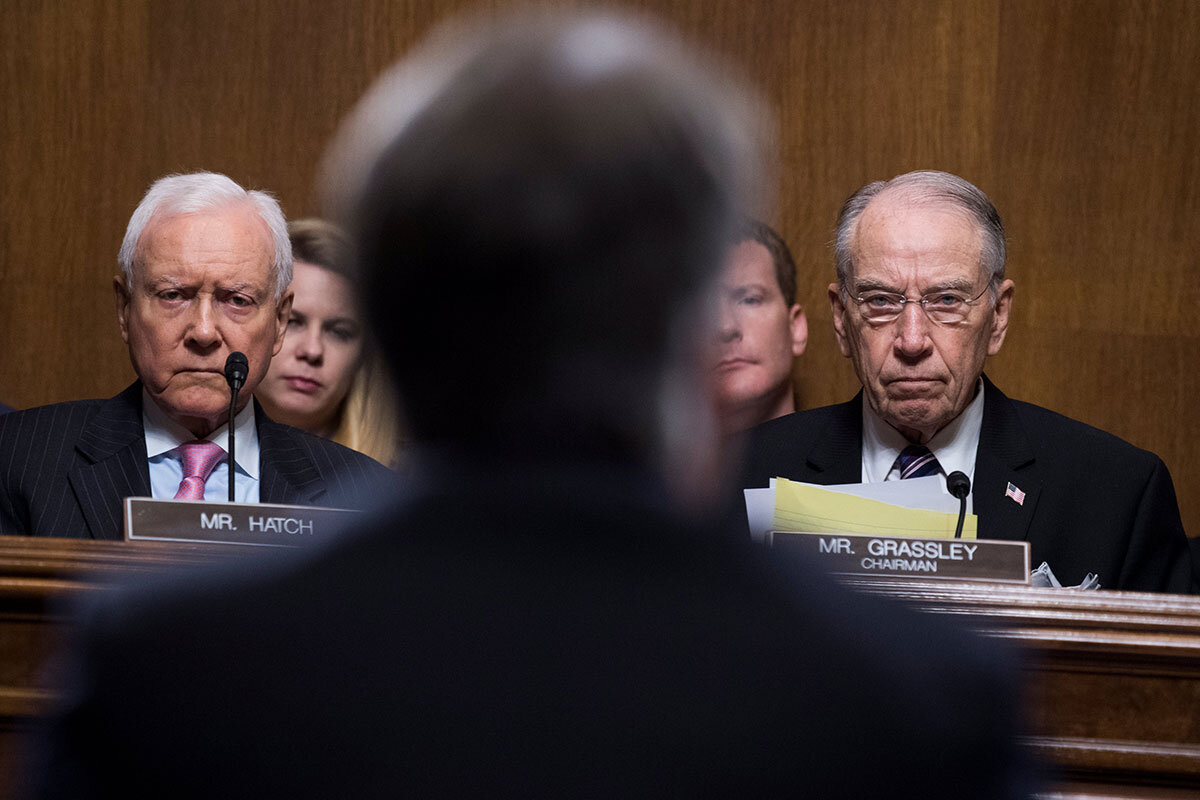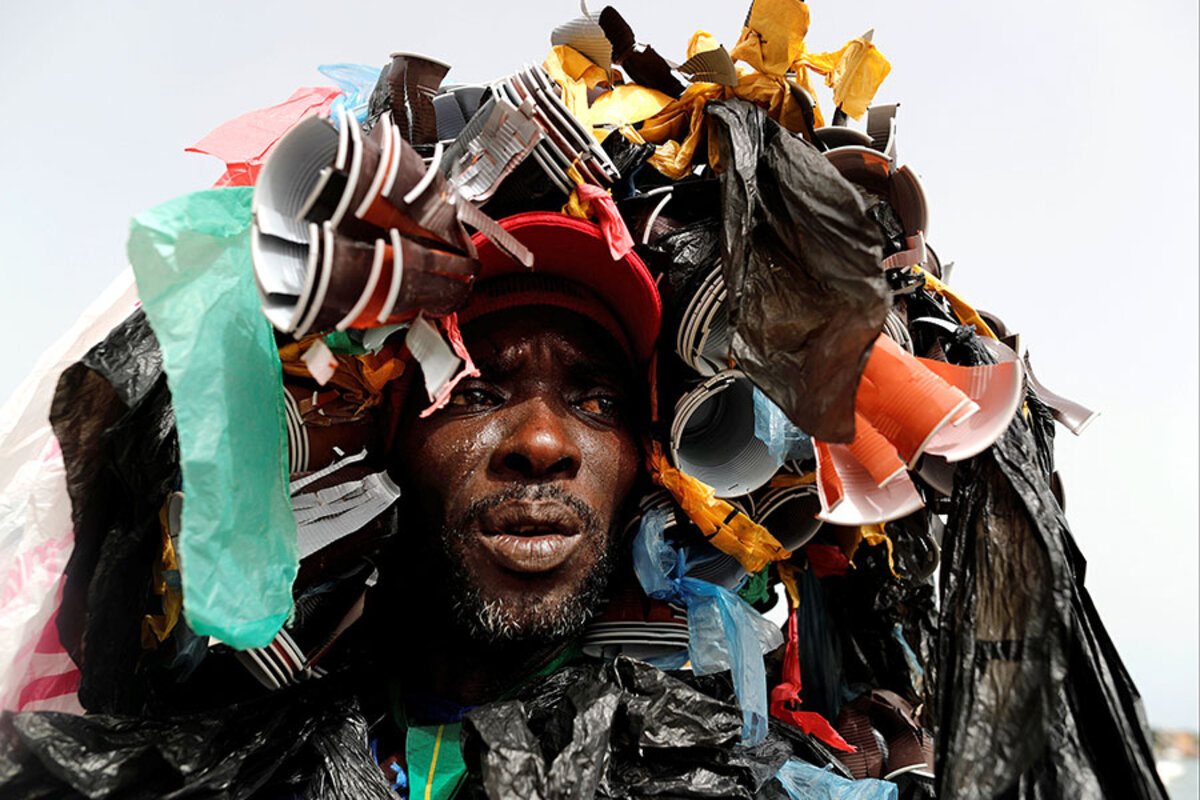Men and women today are being challenged to reexamine long-held concepts of young manhood and masculinity. What’s acceptable behavior, and what’s immoral and hurtful, appear to be shifting.
Monitor Daily Podcast
- Follow us:
- Apple Podcasts
- Spotify
- RSS Feed
- Download
 David Clark Scott
David Clark Scott
This week, the world recognizes progress in six areas of human endeavor. On Tuesday, the $1 million 2018 Nobel physics prize was shared by three scientists for harnessing the power of light.
American Arthur Ashkin got the nod for creating “optical tweezers” – using beams of light to handle tiny objects, such as atoms and cells. Gérard Mourou of France and Donna Strickland of Canada were recognized for inventing “chirped pulse amplification” – turning lasers into more powerful and ubiquitous tools. Dr. Strickland is only the third woman to win a Nobel Prize in physics. That’s a gender imbalance that the Nobel committee is taking steps to address.
To many observers, the crown jewel of the Nobel Prizes is the peace prize (coming Friday). But arguably the standards are higher for a Nobel in physics, where breakthroughs must stand the test of time. For example, this year’s winners were recognized for work done more than 30 years ago. In Strickland’s case, she was a grad student at the time.
So, in addition to creativity, patience is part of what it takes to win a Nobel. And, according to the 2004 physics winner Frank Wilczek, understanding that failure is often a steppingstone when solving really difficult problems. “If you don’t make mistakes, you’re not working on hard enough problems…,” he said.
Now to our five selected stories, including a path to progress on trade, testing assumptions about manhood, and Brazil’s tilt toward fascism.











